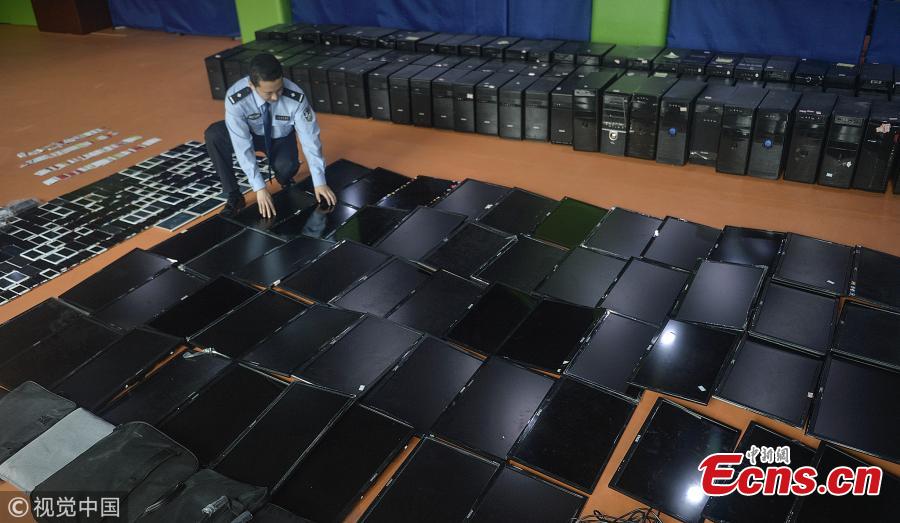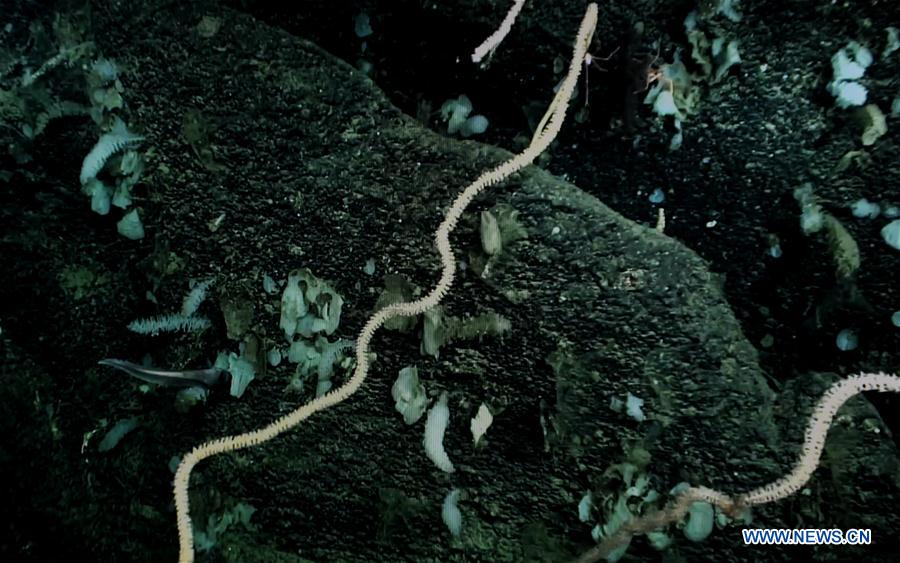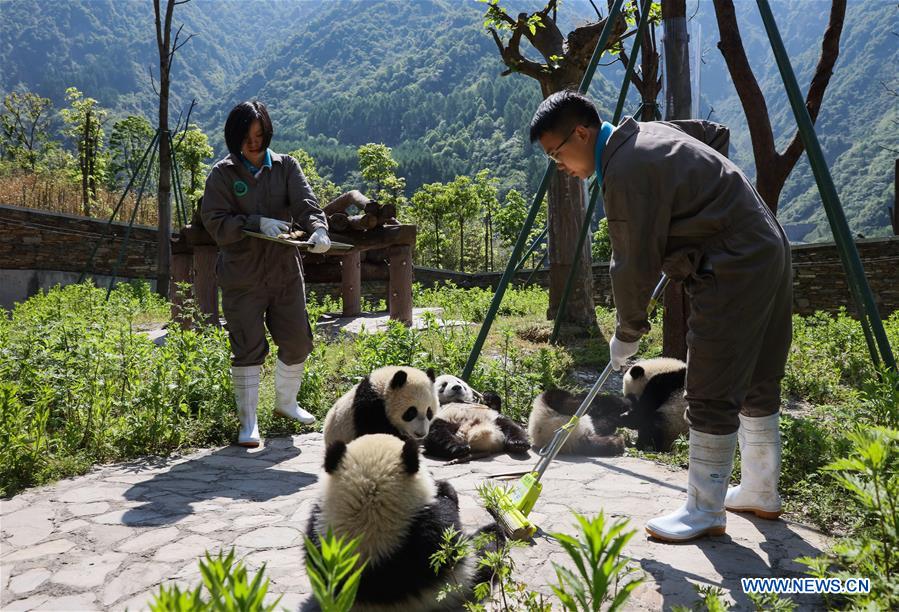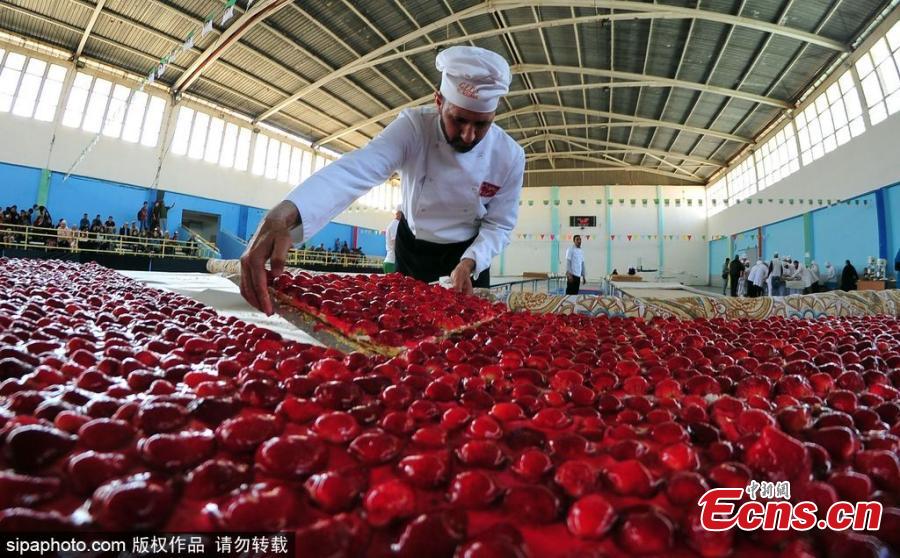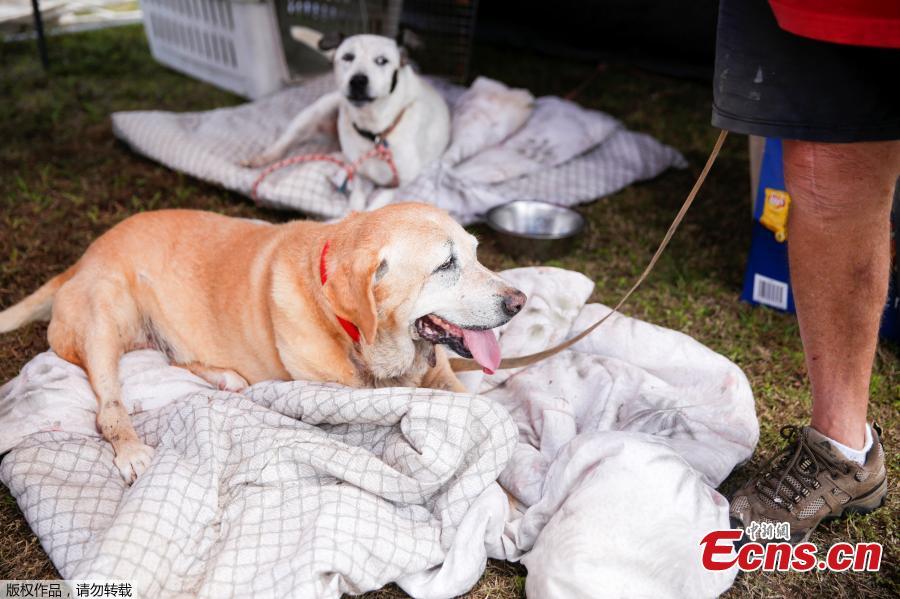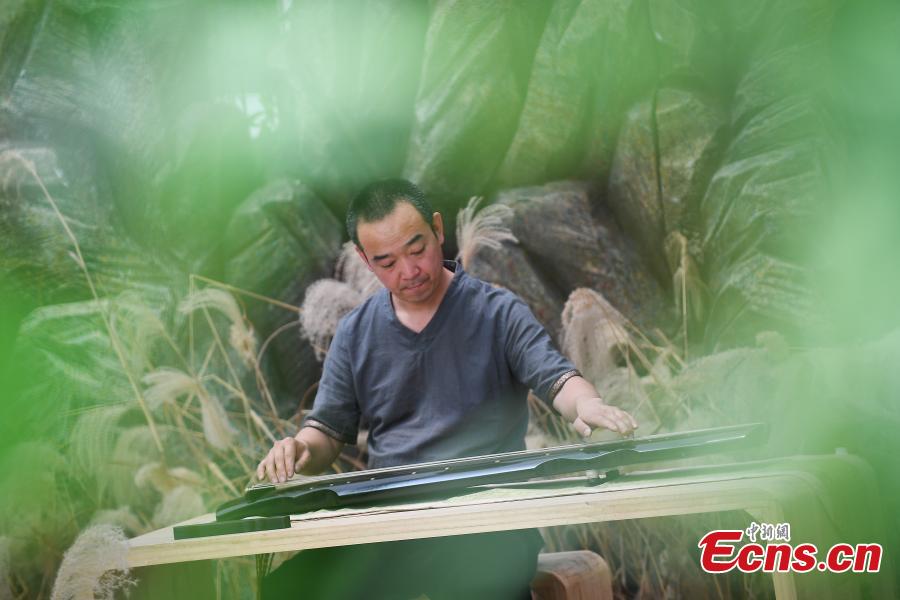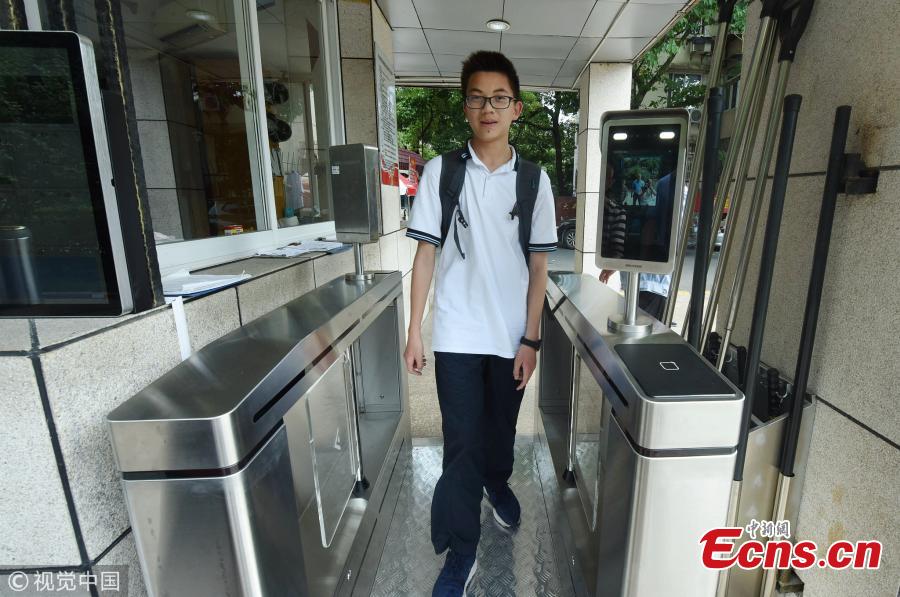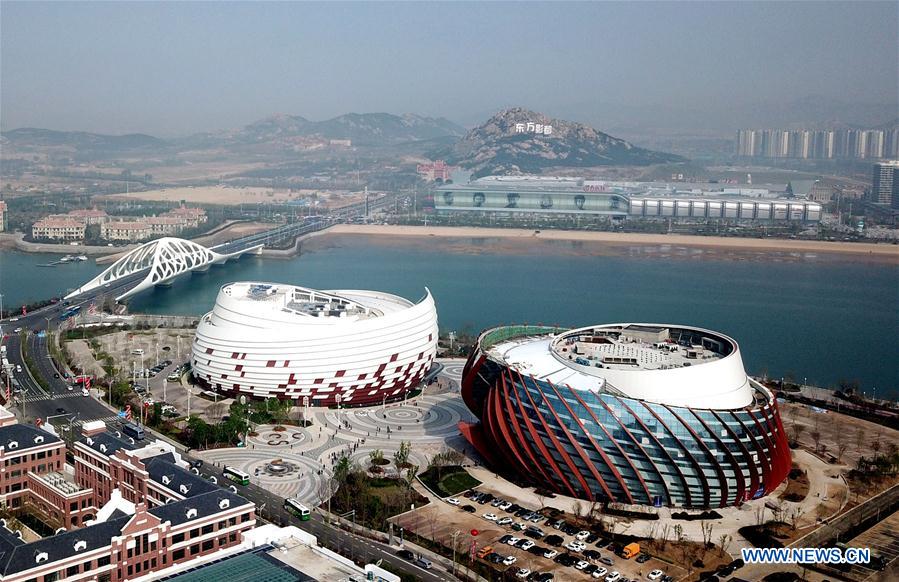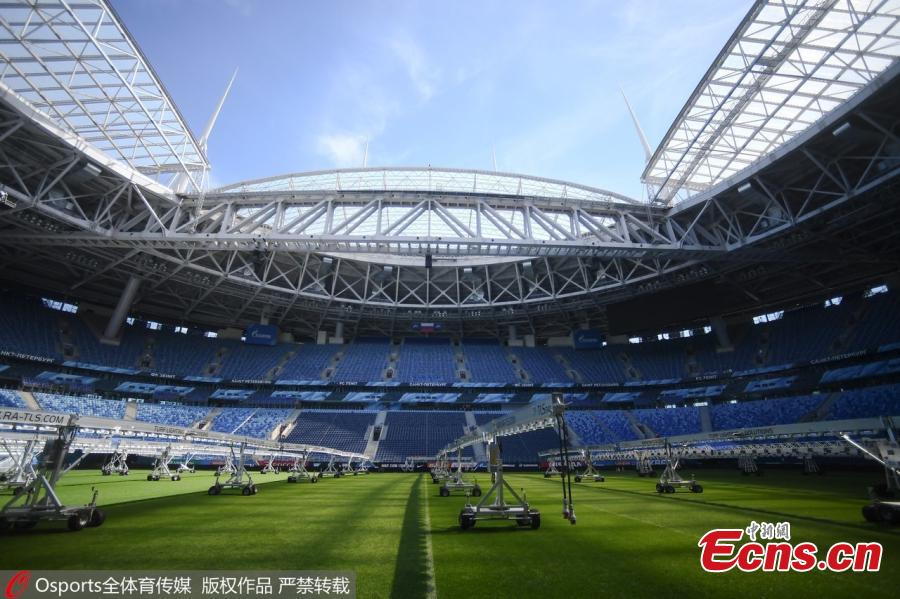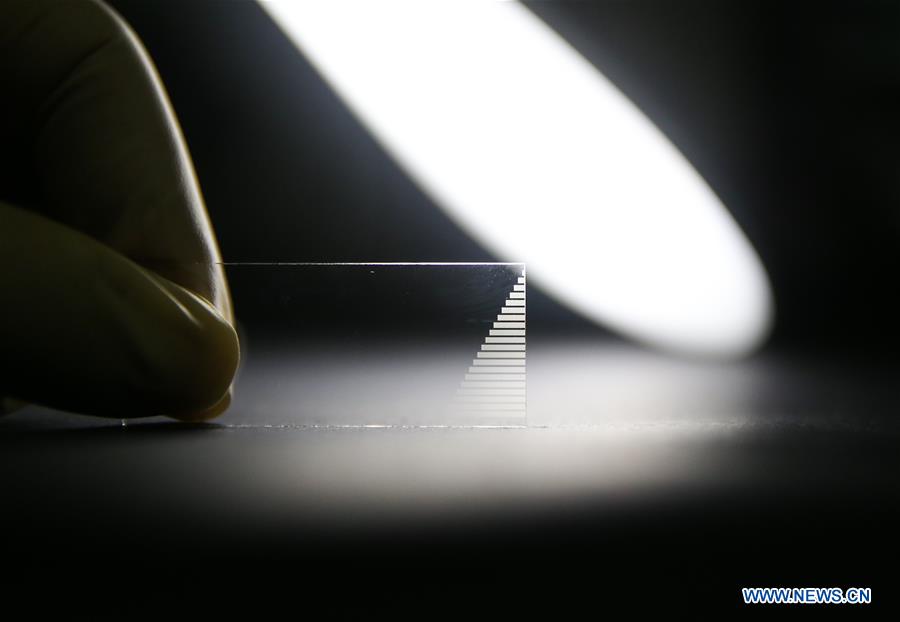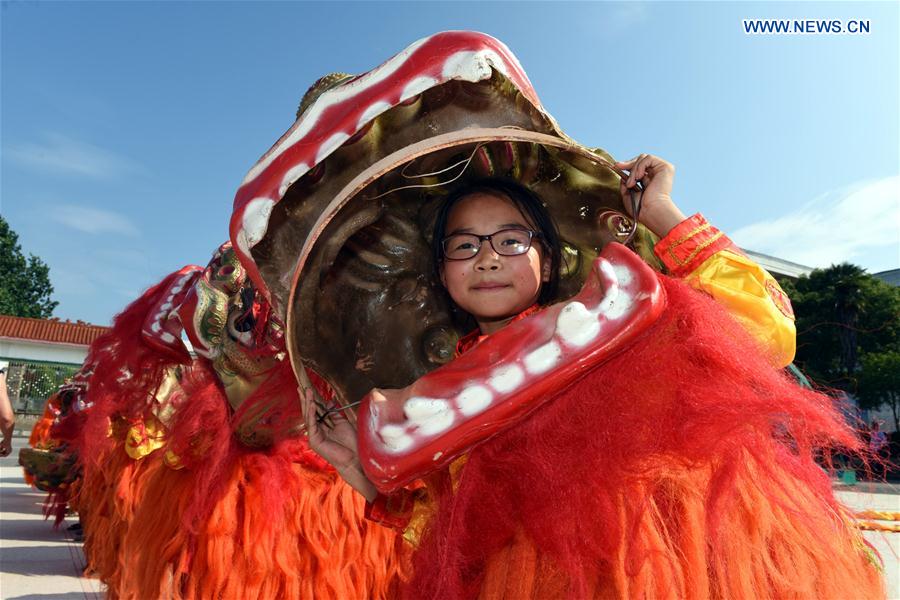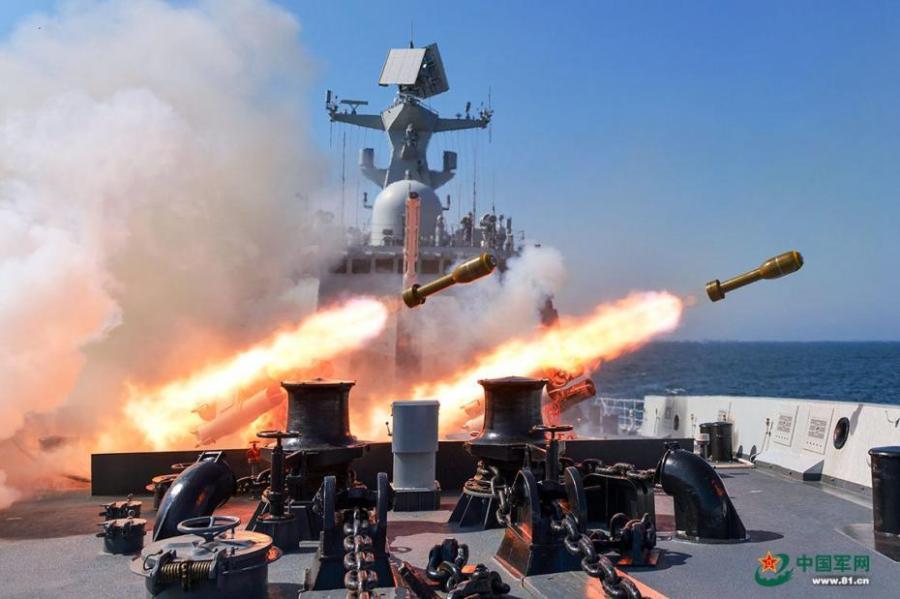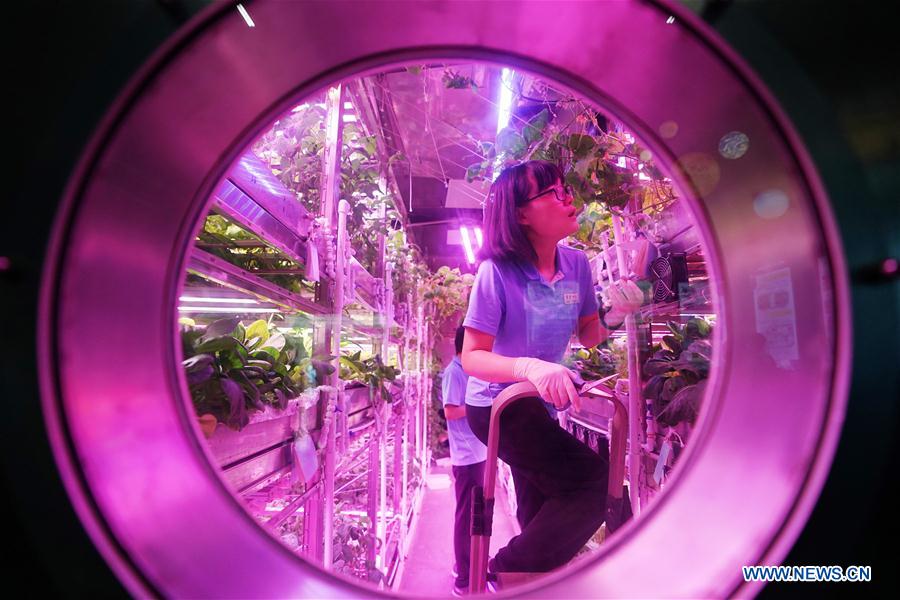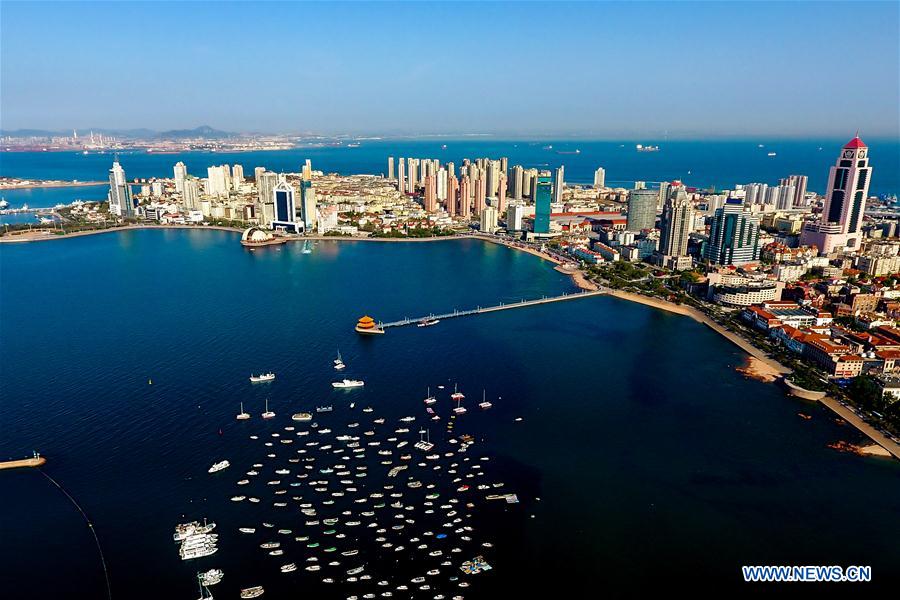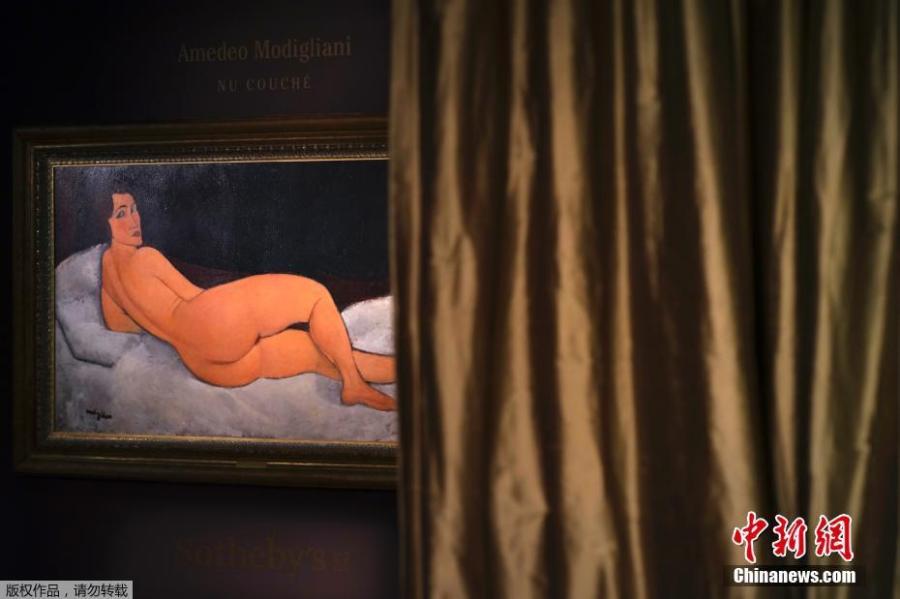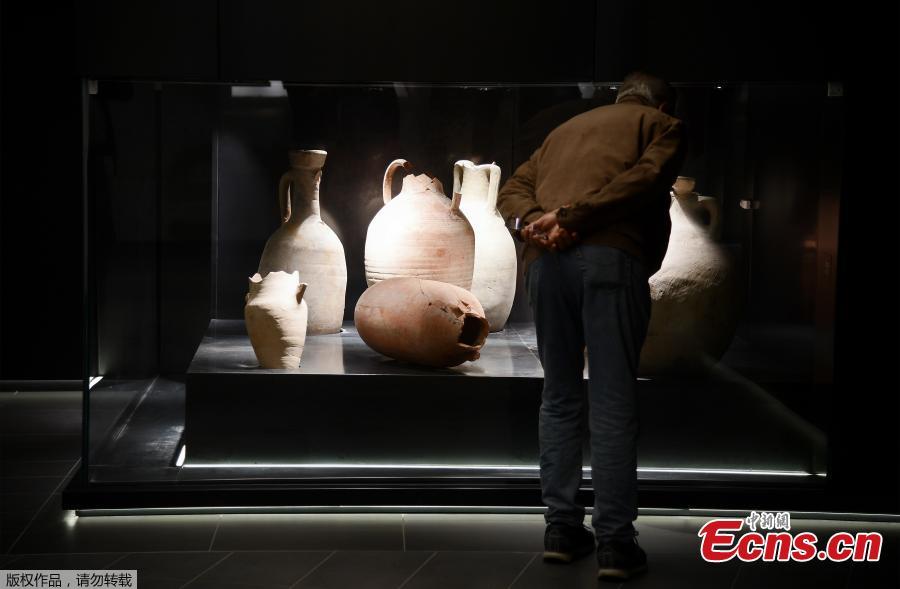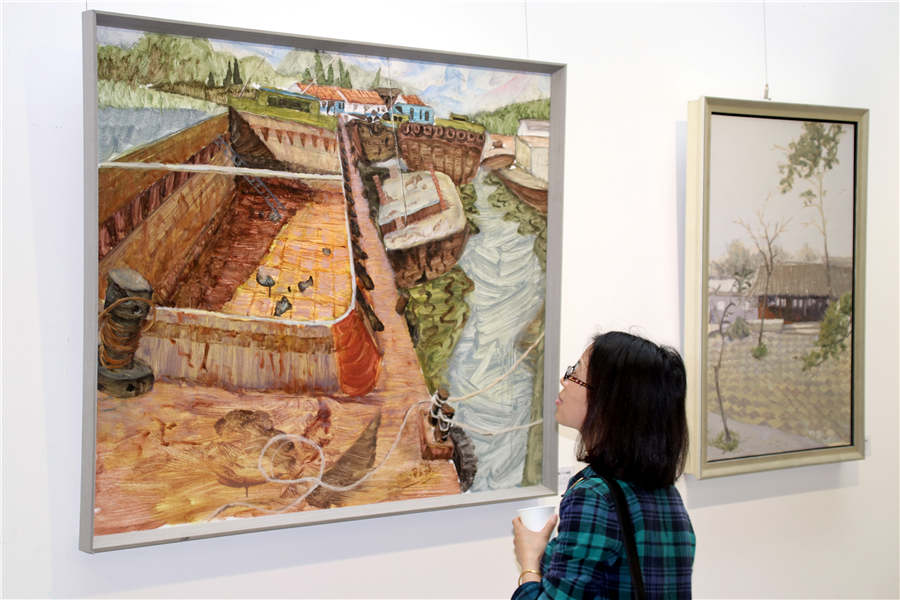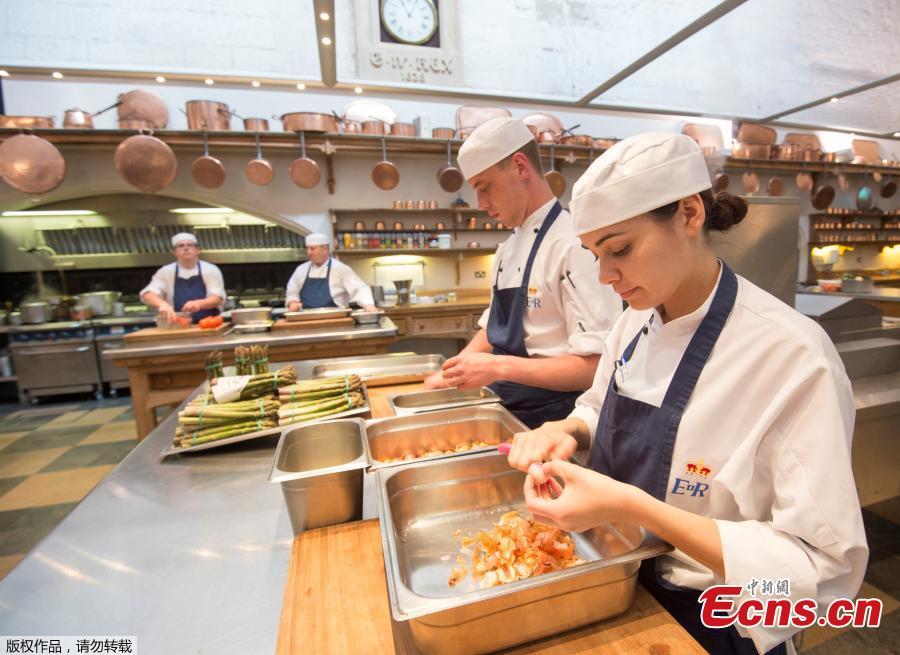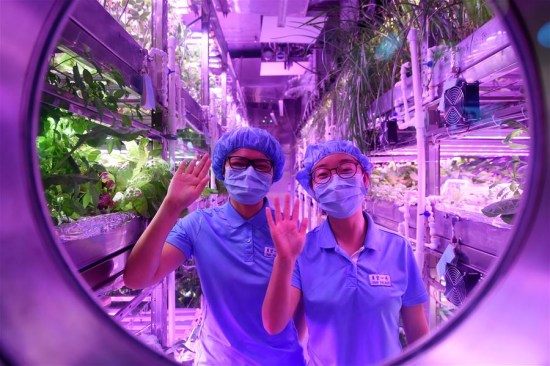Further measures
"Most of the patients I know have heard about the new policies, including the exemption from import tariffs, to reduce the price of antineoplastic drugs," Lu said.
"We are all thrilled and hope the price can be reduced further. We have not seen a reduction in the price yet, but maybe we will see a difference in a few months when new batches of imported drugs arrive."
Li Ling, a professor of economics at Peking University who focuses on health policy studies, said more than half the antineoplastic drugs available in China are imported, and until recently they cost far more than in many other countries for several reasons - including import tariffs of between 5 and 8 percent, and VAT levied at 17 percent.
The recent measures, including the reduction of VAT to 3 percent, could see the price fall by about 20 percent.
"Further measures are needed to significantly reduce the prices of the drugs, such as centralized government procurement and incorporating them into medical care insurance programs," Li said. "The reimbursement rates for antineoplastic drugs should also be raised," she added, referring to the practice whereby patients bill their insurance company for the cost of medication and the money is remitted to them.
Yu, from the National Health Commission, said that since 2016 the commission and the Ministry of Human Resources and Social Security have held negotiations with pharmaceutical companies about the prices of 39 patented drugs, including 17 antineoplastic treatments.
The talks resulted in the prices of the 39 drugs being reduced by more than half on average, and they have all been included in the reimbursement list for national medical insurance programs, according to Yu, who added that the measures had saved patients 6.2 billion yuan by April 18.
"Further similar measures will be taken to lower the prices of antineoplastic drugs to benefit patients," he said.
Chen Jinfu, director of the medical insurance division at the Ministry of Human Resources and Social Security, said many of the antineoplastic drugs affected by the recent changes are widely used and highly reliable but expensive.
They include Herceptin, a breast cancer treatment developed by Roche, a pharmaceutical company in Switzerland.
"We will include more urgently-needed drugs in our insurance reimbursement list to make them more accessible to patients," Chen said. "Pharmaceutical companies will also get a boost once their products are included in the list, given the huge market in China."
Lu, the patient from Wuxi, said that in recent years more antineoplastic drugs have been included in local medical insurance programs, including Gleevec and Herceptin.
Since 2013, when Gleevec became reimbursable in Wuxi, leukemia patients have paid less than a quarter of the previous price for the drug, he said.
According to Lu, before Herceptin, the breast cancer drug, was included in the reimbursement list in 2013, a full course of treatment could cost as much as 330,000 yuan. However, the cost has fallen by more than 80 percent as a result of the government's recent moves and a discount policy adopted by Roche, the manufacturer.
"Now many of the patients I know, who relied on cheaper generic drugs from India via e-commerce, no longer depend on them," he said. "They even pay less for some patented drugs than for generic versions."
Domestic development
Li, from Peking University, said more measures are needed to encourage domestic pharmaceutical companies to engage in research and innovation of antineoplastic drugs, which will be crucial to improving their accessibility and affordability.
"More than half of such drugs used in China are imported, especially molecule-targeted drugs," she said.
"This has resulted in some new and effective drugs being imported, many of which are not yet covered by medical care insurance programs in many places, which makes them very affordable."
Zeng Huihui, a professor of pharmaceutical studies at Peking University, said the abolition of import tariffs on antineoplastic drugs will reduce the price of treatments from overseas, and that will pose challenges for China's pharmaceutical companies. She echoed Li's call for deeper involvement by domestic manufacturers.
"It is essential that we encourage domestic research and innovation of antineoplastic drugs so patients will have access to cheaper drugs more quickly," she said.
Zeng, from the National Health Commission, said more long-term efforts will be undertaken to make antineoplastic drugs more affordable.
The moves would include encouraging domestic research and development, and the acceleration of inspection and approval procedures of similar drugs developed overseas so they will be available in the domestic market as quickly as possible.
Moves will also be made to lower distribution costs by combating irregularities such as bribery, which is used to ensure the dominance of certain drugs, and breaking the monopolies held by manufacturers.
"Through these measures the economic burden on cancer patients and their families will be reduced by the maximum amount," Zeng said.









